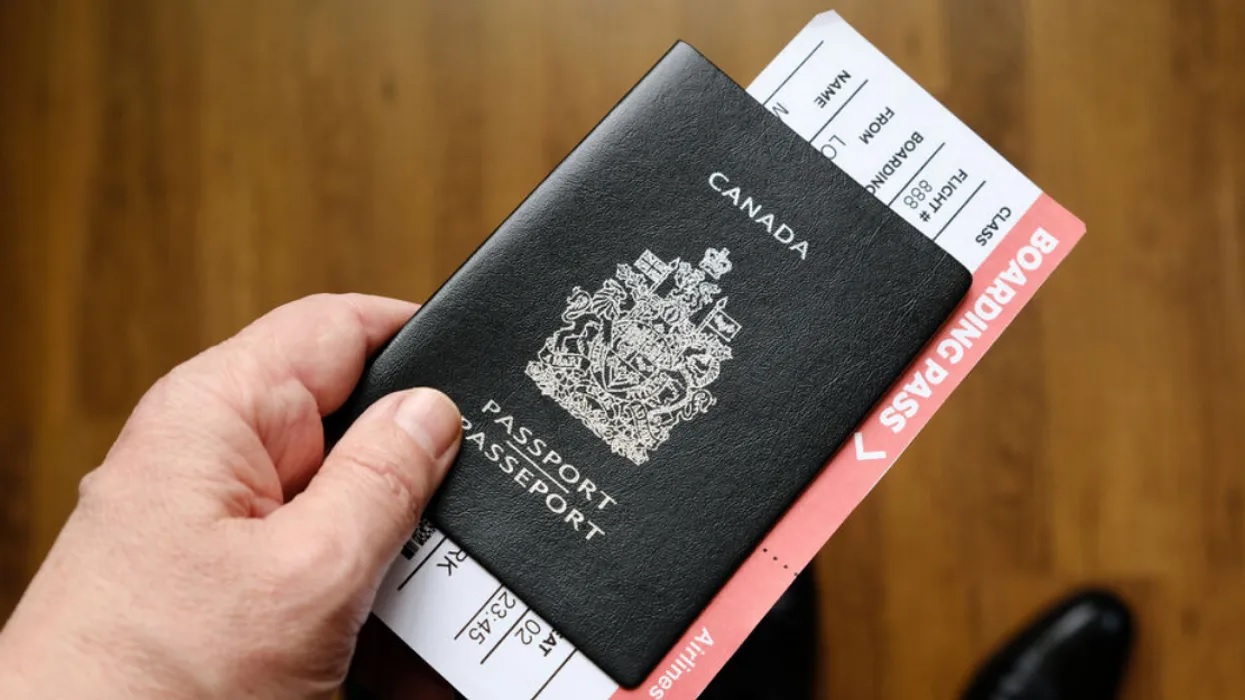
There are various factors that can lead to the refusal of an Express Entry visa application to Canada. Some common reasons for rejection include:
Incomplete or inaccurate information: If the application is incomplete, contains errors, or lacks the required supporting documents. It may be rejected.
Ineligibility for the program: Express Entry has certain eligibility criteria, including language proficiency, education, work experience, and age. If an applicant doesn’t meet any of these requirements, their application may be denied.
Failure to meet the minimum Comprehensive Ranking System score (CRS): Express Entry uses a points-based system called CRS to rank applicants. Only those who meet or exceed the minimum score CRS in each drawing are eligible to receive an invitation to apply (ITA) for permanent residency.
Criminal Record: Applicants with a criminal record, especially for serious crimes, may be considered inadmissible to Canada.
Medical Inadmissibility: If an applicant’s medical condition poses a threat to public health or safety, or if their medical condition. This would cause excessive use of Canadian health and social services, and their application may be rejected.
Misrepresentation: Providing false information, concealing relevant details, or submitting falsified documents may result in rejection.
Financial Inadmissibility: If an applicant cannot demonstrate that they have sufficient financial resources to support themselves and their dependents in Canada. Their application may be rejected.
Security Concerns: If an applicant is found to have ties to organized crime or terrorism or poses a security risk to Canada. Their application may be denied.
It’s important to consult professional Immigration Management Consultants. If you have concerns about your eligibility or application to avoid possible rejections.
Post a Comment